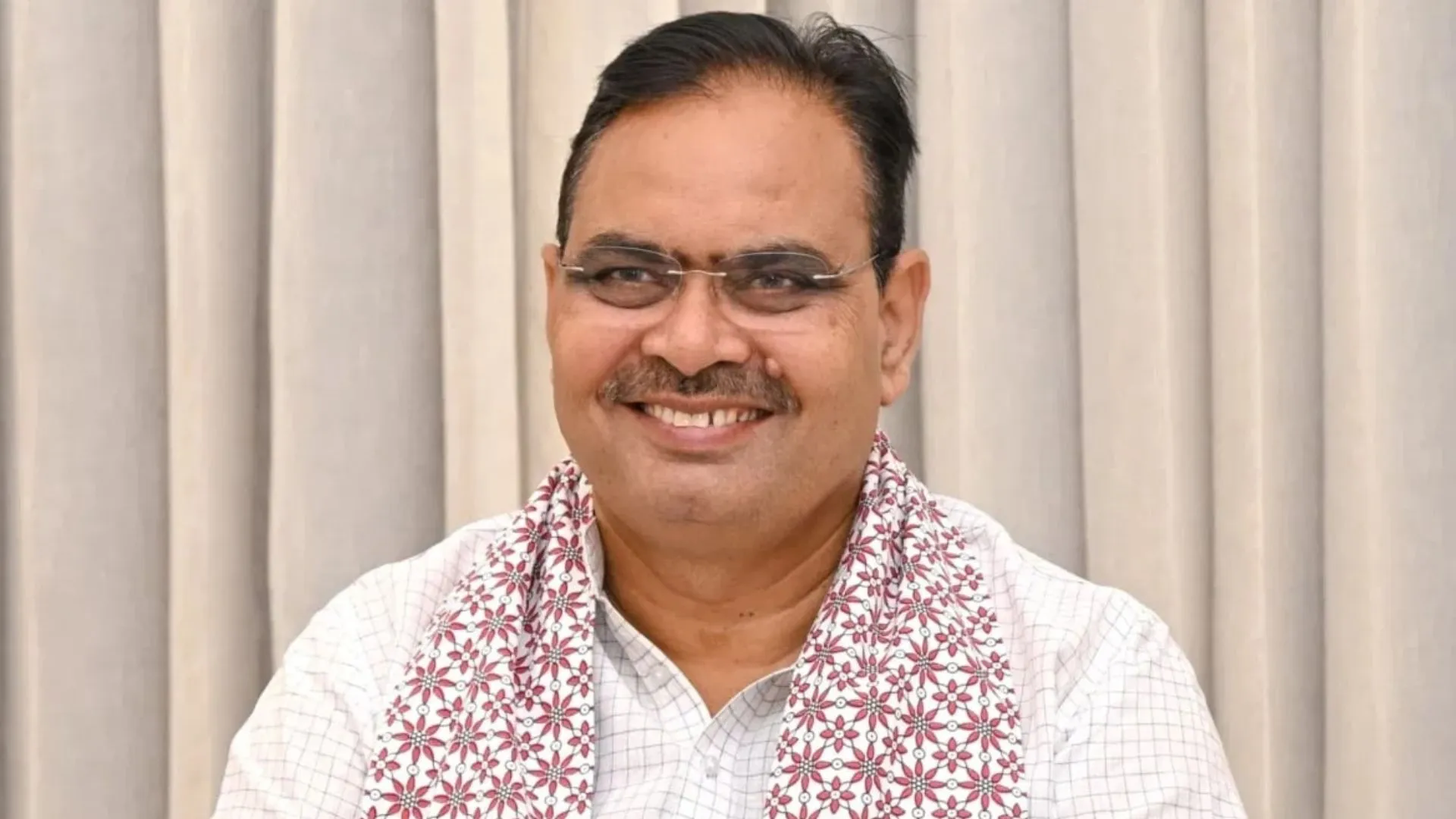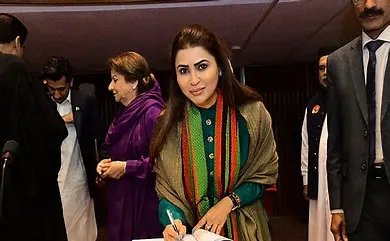The Government of India has appointed Revenue Secretary Sanjay Malhotra as the 26th Governor of the Reserve Bank of India (RBI). Effective Wednesday, the Appointments Committee of the Cabinet approved Malhotra’s appointment for a term of three years.
Who is Sanjay Malhotra?
Sanjay Malhotra, an IAS officer from the Rajasthan cadre of the 1990 batch, succeeds Shaktikanta Das, whose term ends on December 10, 2024. He is an engineering graduate in computer science from IIT Kanpur and also possesses a Master’s degree in Public Policy from Princeton University, USA.
Distinguished Career and Experience
Malhotra has accumulated over 33 years of experience in various sectors, including power, finance, taxation, IT, and mining. He is currently the Secretary (Revenue) in the Ministry of Finance. Before this, he served as Secretary in the Department of Financial Services within the same ministry.
Also Read: RBI Launches Podcasts to Enhance Public Communication
Expertise in Finance and Taxation
Recognized for his knowledge in finance and taxation, Malhotra has played a crucial role in shaping tax policy, addressing both direct and indirect taxes. His vast experience positions him well for his duties at the RBI, promoting continuity in policy and governance.
Leadership Transition
Malhotra’s appointment occurs as Shaktikanta Das concludes his term. Das, who assumed office on December 12, 2018, after Urjit Patel’s unexpected resignation, is credited with stabilizing markets during a pivotal time. His leadership represented a significant period in the RBI’s history.






















